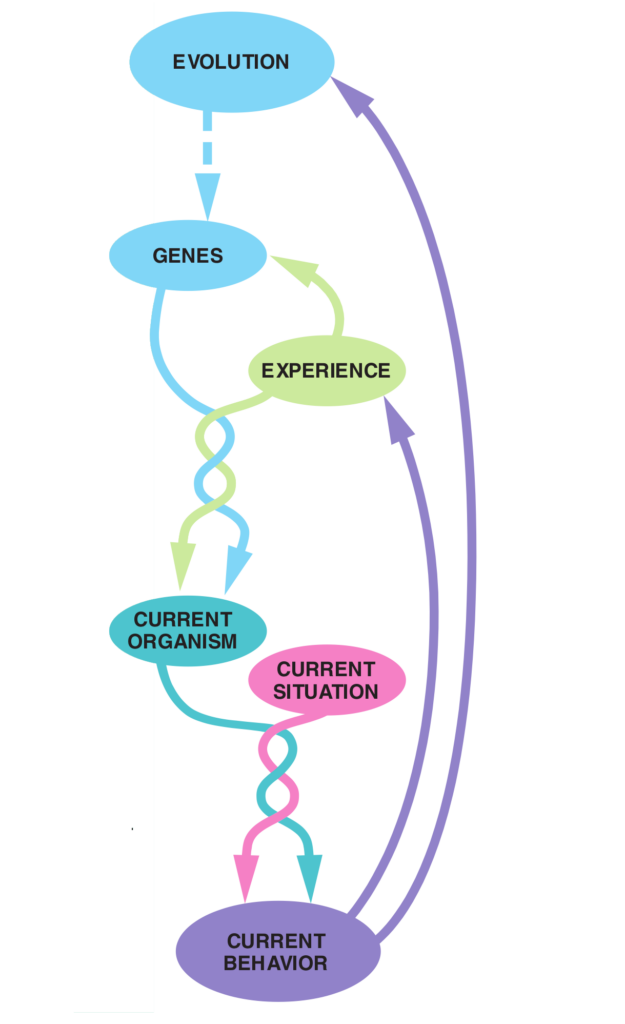Self centered versus altruistic behavior
One of the hottest political and scientific debates regarding human behavior is whether or not humans should act out of self interest. However, since this site is not about what should have but rather what is actually happening we will not dwell on this too much. In reality we can observe both types of behavior in rather extreme ways. On the one hand, people can exploit other people to their own benefit, but on the other hand people even sacrifice their lives for complete strangers or abstract social concepts as religion and nationality.
If there at all is any binary choice to be made which kind of behavior prevails in reality, it would be fair to say that the (academic) consensus is leaning towards purely self centered behavior. A lot of human behavior can be explained with that fundamental characteristic and it makes evolutionary sense. However, despite academic efforts to adjust purely self centered behavior to the real world, still some behaviors are not fully compatible with that point of view.
Does purely self centered behavior lead tot best possible outcome? Although Ayn Rand would likely have disagreed, it is almost impossible to answer that question. What the “best” outcome is, is not absolute or objective, but relative to the stake holders involved. Does the “best outcome” relate to an individual, a group, humanity, the whole planet or even beyond that? There you have it… Of course, numerous people have defined an answer to this question and even the principal of natural selection could be viewed as such, although the latter has not proven to be endowed with any sort of intention whatsoever.
In summary, hunting mammoths required cooperation born out of the necessity to tackle challenges that were beyond the capabilities of any single individual. This form of cooperation was not merely beneficial but essential for survival, influencing both the immediate outcomes (success in the hunt) and the long-term evolution of human social and cognitive capacities.
Example of mutual beneficial top-down interference in purely self centered behavior of individuals
Traffic congestion reduction: It turns out that by intelligently controlling the speed of a few autonomous vehicles we can drastically increase the traffic flow. Multi-agent can be a requirement here, since in mixed-autonomy settings, it is unrealistic to model traffic lights and vehicles as a single agent, which would involve the synchronization of observations and actions across all agents in a wide area.
Flow simulation, without AVs and then with AV agents (red vehicles):

The expected time loss can be reduced for every individual agent with interfering in the pure self centered behavior of individual agents. In the top row can be viewed as another instance of the prisoners dilemma. People do not voluntarily cooperate with each other because it is not a Nash equilibrium.
Types of ecological cooperation

